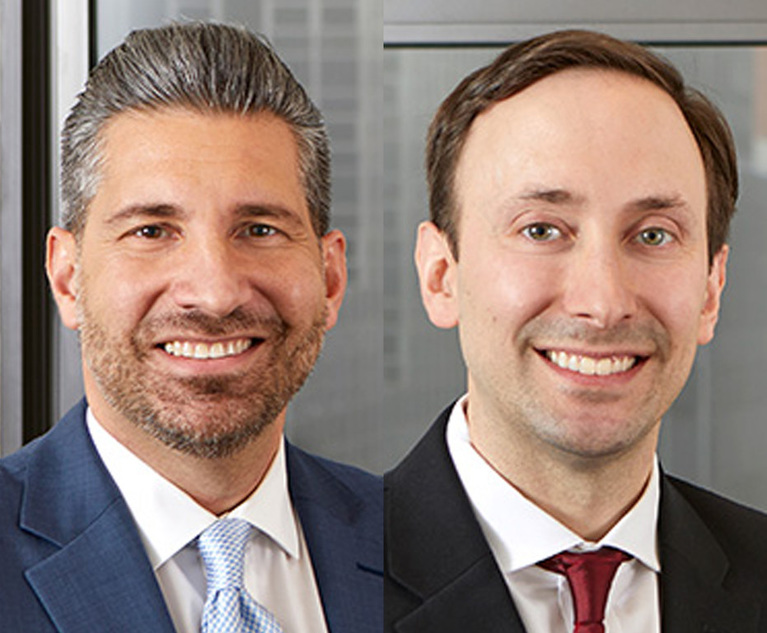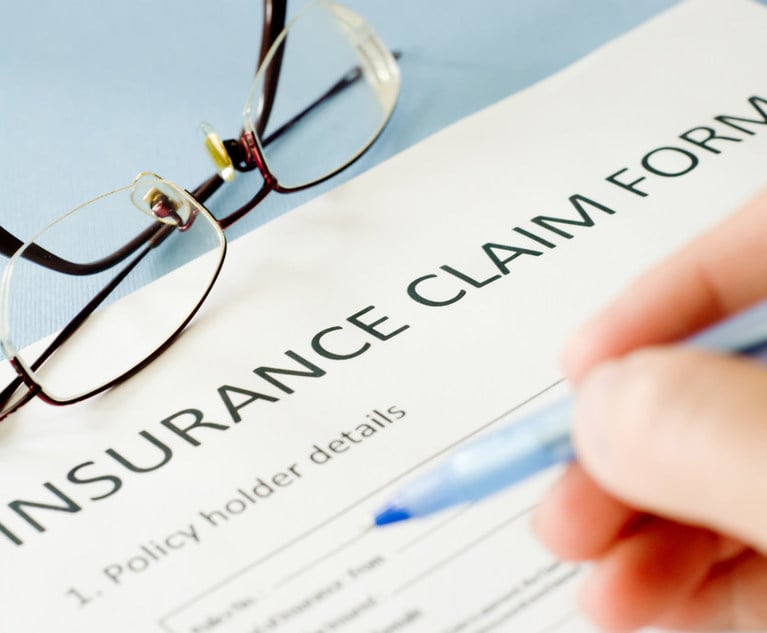Issuance of the second “Monaco Memo” by the Department of Justice in October 2022, which places an even greater emphasis on self-reporting of wrongdoing by corporations, has reignited discussion about the propriety of disclosure to government agencies. Perhaps some of the greatest debates between outside counsel and their corporate clients occur over issues of whether to self-report and, if so, the timing and manner of doing so. Direct and collateral consequences need to be considered, often requiring a complex and nuanced analysis.
Yet this discussion tends to be more settled for entities supervised by the New York State Department of Financial Services (DFS). That is because numerous self-reporting obligations already reside in New York statutes, regulations and supervisory agreements with regulated entities. These rules require or encourage timely—sometimes even immediate—disclosure of a wide range of incidents, misconduct and criminal activity.
This content has been archived. It is available through our partners, LexisNexis® and Bloomberg Law.
To view this content, please continue to their sites.
Not a Lexis Subscriber?
Subscribe Now
Not a Bloomberg Law Subscriber?
Subscribe Now
LexisNexis® and Bloomberg Law are third party online distributors of the broad collection of current and archived versions of ALM's legal news publications. LexisNexis® and Bloomberg Law customers are able to access and use ALM's content, including content from the National Law Journal, The American Lawyer, Legaltech News, The New York Law Journal, and Corporate Counsel, as well as other sources of legal information.
For questions call 1-877-256-2472 or contact us at [email protected]


 Credit: T.Dallas/Shutterstock
Credit: T.Dallas/Shutterstock




